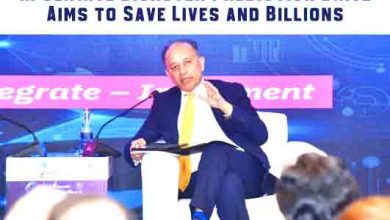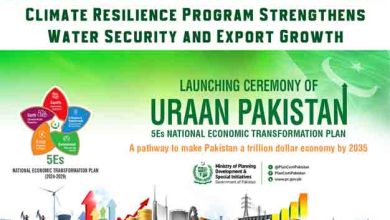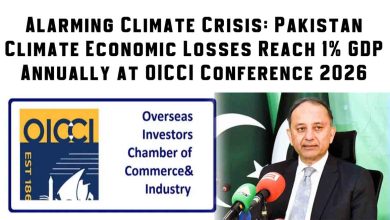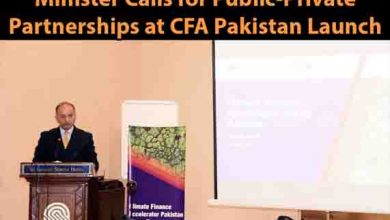Effective steps against climate change stressed
Dawn, November 23rd, 2022
PESHAWAR: Speakers in a conference here on Tuesday called for effective steps to address climate change.
“Climate change is one of the most attention-seeking issues as it is affecting the people’s life but we are largely unaware of its consequences. There is a need for immediate effective measures across the world to check disasters caused by climate change,” Shaheed Benazir Bhutto Women University, Peshawar, Vice-Chancellor Prof Safia Ahmed told participants of the conference.
The moot was organised by the university’s Department of Islamiat in collaboration with the Pakistan Council of World Religions Faith Friends.
Former federal minister for religious affairs Dr Noorul Haq Qadri was the chief guest on the occasion, where Vice-Chancellor of the Agriculture University Prof Jahan Bakht, Islamic scholar Qari Roohullah Madani and minority leaders Haroon Sarab Dayal and Bishop Humphrey Sarfraz Peter were the speakers.
The participants included university teachers and students.
Prof Safia said the pollution caused by the people had adverse effects on the climate.
She said Islam considered cleanliness to be half of faith but its followers had forgotten that message and faced its consequences.
The VC said the university’s Climate Change Cell launched in 2017 was working to build the people’s capacity through public awareness and research initiatives to help minimise the impact of climate change.
She said the SBBWU was also working on establishing links with international universities and institutions and recently signed an agreement with the National Incubation Centre for the pitching of ideas by its students to create public awareness of climate change.
Mr Qadri said Prime Minister Imran Khan’s government had given the idea of ‘Green and Clean Pakistan’ as the country faced a major challenge of climate change.
He said Mr Imran advocated preservation of nature, opposed tree felling and called for the use of all available platforms to create plantation awareness.
Prof Bakht warned that global warming was increasing.
He said 11 per cent of water was ‘recycled’ in the world unlike Pakistan where the percentage was just one.
“If we do not save water properly, we will face severe water shortage in 2025 affecting our food production, which is a serious threat to our economy,” he said.
Dr Farhan Shamish, chairperson of the Department of Environmental Sciences at the Abdul Wali Khan University, Mardan, highlighted ways to address climate change.
He said global warming was caused by greenhouses.







